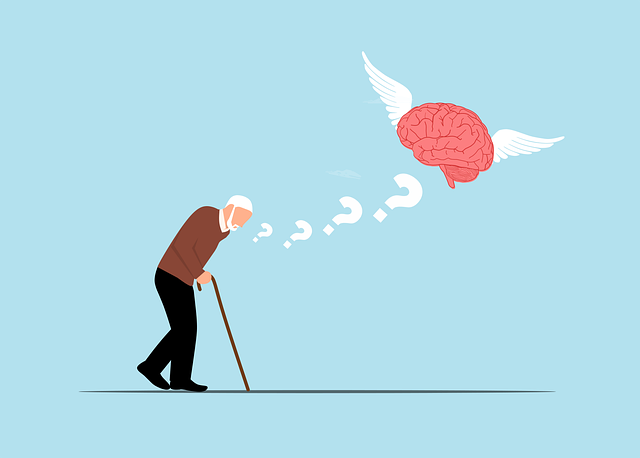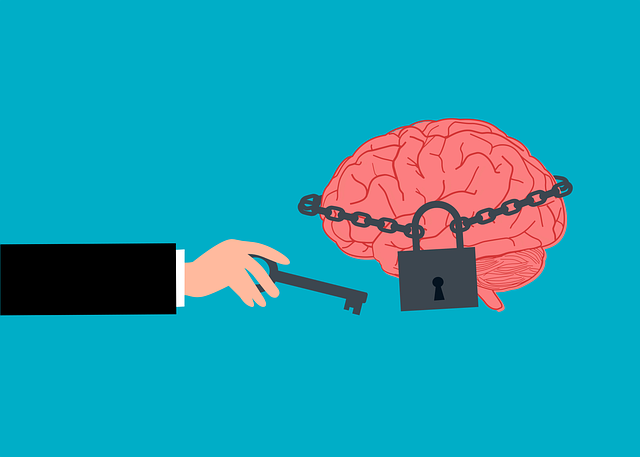Longmont Self-Esteem Therapy offers a comprehensive approach to managing stress and improving well-being. By combining Cognitive Behavioral Therapy (CBT), mindfulness, and lifestyle changes, it addresses the root causes of stress, enhances mental clarity, and builds emotional resilience. This holistic method, tailored to individual needs, equips people with effective coping strategies for navigating life's challenges, leading to better mental health and overall well-being.
Stress reduction is a vital component of overall well-being, and understanding its causes and effects is the first step towards managing it effectively. This article explores various methods to alleviate stress, from cognitive behavioral therapy (CBT) and mindfulness practices to lifestyle changes. Specifically, we delve into the unique role of self-esteem in stress management, offering insights relevant to individuals seeking long-term relief, including those in Longmont considering self-esteem therapy.
- Understanding Stress: Causes and Effects
- The Role of Self-Esteem in Stress Management
- Cognitive Behavioral Therapy (CBT) Techniques for Stress Reduction
- Mindfulness and Meditation Practices for a Calmer Mind
- Lifestyle Changes for Long-Term Stress Relief
Understanding Stress: Causes and Effects

Stress is a multifaceted response to various internal and external stimuli, often triggered by demanding situations or perceived threats. It manifests in both physical and psychological forms, with potential long-term consequences on overall well-being. The human mind and body have evolved to respond to stress as a survival mechanism, releasing hormones like cortisol and adrenaline. However, chronic or prolonged stress can lead to significant health issues, impacting mental clarity, emotional stability, and even physical structures like the heart and immune system. Understanding these causes and effects is a crucial first step in developing effective stress reduction methods.
In today’s fast-paced world, many individuals struggle with managing stress, which can stem from various sources, including work pressures, financial concerns, relationships, or traumatic experiences. The impact of prolonged stress can be profound, leading to increased anxiety, depression, and even physical ailments. Longmont Self-Esteem Therapy offers a unique approach to addressing these issues by focusing on building resilience and fostering emotional healing processes. Through tailored therapy sessions, individuals learn coping strategies and gain insights into managing stressors, ultimately enhancing their ability to navigate challenging situations with greater ease and fortitude.
The Role of Self-Esteem in Stress Management

Self-esteem plays a pivotal role in managing stress and plays a significant part in our overall well-being. Individuals with higher self-esteem tend to have a more positive outlook on life’s challenges, including stressful situations. This mental resilience helps them navigate difficult circumstances with greater ease, enabling effective stress reduction strategies. Longmont Self-Esteem Therapy focuses on empowering individuals by fostering a healthy relationship with themselves, thereby enhancing their ability to cope with stress.
Building self-esteem can involve various techniques such as conflict resolution skills, which teach individuals how to address and manage stressors in a constructive manner. Moreover, cultural sensitivity in mental healthcare practice is essential, ensuring that therapeutic approaches are tailored to an individual’s unique background and experiences, thereby promoting effective stress management strategies suitable for diverse populations. Resilience building, another key component, equips people with the tools to bounce back from stressful events, allowing them to maintain a sense of calm and perspective amidst challenging situations.
Cognitive Behavioral Therapy (CBT) Techniques for Stress Reduction

Cognitive Behavioral Therapy (CBT) is a powerful tool for managing stress and improving mental wellness. This therapy focuses on identifying and changing negative thought patterns and behaviors that contribute to anxiety relief. By challenging distorted thoughts and adopting healthier thinking habits, individuals can gain a new perspective and reduce their overall stress levels.
In Longmont Self-Esteem Therapy, CBT techniques are tailored to address specific stressors and promote personal growth. Through structured conversations, therapists guide clients in recognizing unhelpful cognitive processes and replacing them with more realistic and positive ones. This process empowers individuals to navigate challenging situations with greater resilience and a heightened sense of self-worth, thereby enhancing their overall mental wellness.
Mindfulness and Meditation Practices for a Calmer Mind

Mindfulness and meditation practices have emerged as powerful tools for calming the mind and reducing stress in today’s fast-paced world. These ancient techniques, often incorporated into Longmont Self-Esteem Therapy, focus on bringing one’s attention to the present moment, thereby fostering a deeper sense of mental clarity and emotional balance. By cultivating mindfulness, individuals can learn to observe their thoughts without judgment, allowing them to detach from stressful or anxious feelings.
Meditation guidance, as part of self-care practices, encourages regular sessions where one sits quietly, breathes deeply, and lets go of external distractions. This simple yet profound act can significantly enhance mental health awareness and overall well-being. Additionally, keeping a mental wellness journal, a form of self-care practice, allows individuals to reflect on their experiences, track their progress, and identify areas for growth—all essential components of maintaining a calm and focused mind.
Lifestyle Changes for Long-Term Stress Relief

In the pursuit of long-term stress relief, lifestyle changes play a pivotal role. Incorporating regular physical activity, such as brisk walks or yoga practices, can significantly reduce stress hormones and boost mood. A balanced diet rich in fruits, vegetables, and whole grains nourishes not only the body but also supports mental wellness. Adequate sleep is another cornerstone; prioritizing 7-9 hours of quality rest each night helps regulate emotions and improves overall well-being. Additionally, mindfulness practices like meditation or deep breathing exercises can provide immediate stress management relief and promote a sense of calm throughout the day.
Longmont Self-Esteem Therapy offers valuable tools for navigating stress and fostering resilience. Through therapy sessions, individuals learn effective coping strategies tailored to their unique needs. This may include exploring trauma support services, engaging in journaling exercises for emotional guidance, or adopting healthier habits that resonate with their lifestyle. By addressing underlying issues and cultivating self-awareness, these holistic approaches contribute to lasting mental wellness and a more harmonious relationship with stress.
In navigating the complex landscape of stress reduction, it’s clear that a multifaceted approach is key. By understanding the root causes and effects of stress, leveraging techniques like Cognitive Behavioral Therapy and mindfulness practices, and making lasting lifestyle changes, individuals can achieve significant long-term relief. Longmont Self-Esteem Therapy, with its focus on fostering positive self-regard, plays a crucial role in this process, enabling people to better manage stress and enhance their overall well-being. Embracing these strategies empowers folks to create a calmer, more resilient life.













